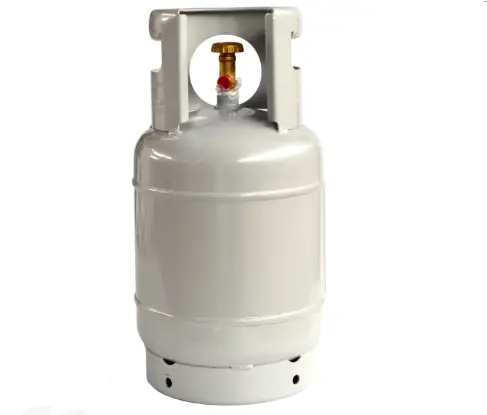Ever had to think about which refrigerant contains chlorine? Yeah, me neither. But it’s actually a pretty important question. If you’re a bit clueless, don’t worry. We’re going to break it down for you, focusing on the types of refrigerants that contain chlorine, including the notorious Chlorofluorocarbons (CFCs).

Table of Contents
Which Refrigerant Contains Chlorine? – Understanding Refrigerants
What are Refrigerants?
Let’s start with the basics. Refrigerants, simply put, are substances used in cooling systems like air conditioners and refrigerators. They absorb heat from the environment, creating that nice cool breeze we all enjoy on a hot day. It’s a bit like magic, but with a lot more science behind it!
The Role of Chlorine in Refrigerants
So why would anyone put chlorine in refrigerants? Well, back in the day, chlorine was added because it helped the refrigerant absorb more heat and made it more efficient. But as we now know, everything that glitters isn’t gold, and this added efficiency came with some major drawbacks.
Chlorine-based Refrigerants
Types of Chlorine-based Refrigerants
When it comes to chlorine-based refrigerants, there are a few major players.
Chlorofluorocarbons (CFCs)
The big one here is CFCs. Known for their role in the hole in the ozone layer, CFCs are a group of compounds that contain chlorine, fluorine, and carbon. They were great at keeping things cool but not so great for our planet.
Hydrochlorofluorocarbons (HCFCs)
Then there are HCFCs. These are a little less damaging than CFCs, but they still contain chlorine and have been linked to ozone depletion. It’s kind of like choosing between a rock and a hard place.
Other Chlorine-based Refrigerants
And of course, there are a few other chlorine-based refrigerants. But these are the main ones you’ll probably hear about.
Impact of Chlorine-based Refrigerants on the Environment
So what’s the big deal with chlorine-based refrigerants? Well, they’re pretty bad news for our ozone layer. It’s like a big protective blanket around the Earth, and these refrigerants are poking holes in it. Not cool, right?
To read more on refrigerants, click here: Articles on Refrigerants: The Ultimate Guide to Understanding Them
Transition from Chlorine-based Refrigerants
The Montreal Protocol and its Impact
Thankfully, the world caught on to the damage chlorine-based refrigerants were doing. The Montreal Protocol was an international agreement to phase out these harmful substances. It was a big step forward, kind of like swapping out a gas-guzzling car for an electric one.
Alternatives to Chlorine-based Refrigerants
So if we’re not using chlorine-based refrigerants, what are we using? Well, there are a few alternatives out there, like Hydrofluorocarbons (HFCs) and natural refrigerants. They’re not perfect, but they’re a step in the right direction.
Conclusion
The Future of Refrigerants
So what does the future hold for refrigerants? Well, it’s clear that we’re moving away from chlorine-based options. It’s a bit like breaking up with a bad partner – it’s tough at first, but ultimately it’s the right decision. So here’s to a future of cooling that’s efficient, effective, and kind to our planet.